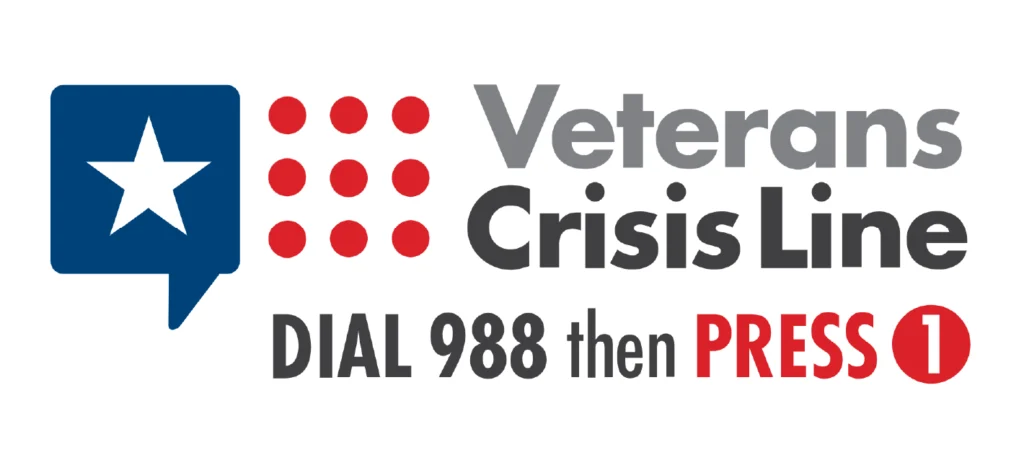Total Disability for Individual Unemployability (TDIU)
Total Disability for Individual Unemployability (TDIU) is a VA benefit which makes it possible for Veterans who are unable to work due to their service-connected disabilities to be paid by VA at the 100 percent rate, even if their combined disability rating is less than 100 percent.
The criteria for qualifying for TDIU is based on the Veteran’s individual circumstances, including their work history, skills, training, and education. There is no age limit for TDIU, and Veterans can receive both Social Security Administration benefits and TDIU at the same time.
Total Disability for Individual Unemployability Eligibility
To qualify for TDIU, a Veteran must be unable to obtain and maintain substantially gainful employment and meet one of the two following rating criteria:
- One service-connected condition rated at least 60 percent, or
- Two or more service-connected conditions, with at least one rated at 40 percent or more, and a combined rating of 70 percent or more.

Total Disability for Individual Unemployability Payment Example
The following examples show the significant monetary difference between a 70% rating and a 100% rating, based on VA disability compensation rates effective December 1, 2021.
Example One: Single Veteran, no dependents: 70 percent combined rating, paid at the 70 percent rate = $1,529.95 per month, or $18,359.28 per year, tax-free.
Example Two: Single Veteran, no dependents: 70 percent rating on PTSD, VA granted TDIU, and paid at 100 percent rate = $3,332.06 per month, or $39,984.72 per year, tax-free.
The Veteran’s increased compensation based on a VA grant of TDIU would be slightly over $21,000 per year.
Bergmann & Moore has a combined rating calculator and a retro pay calculator. Try them here.
At Bergmann & Moore, we work to win our clients the highest benefits possible, including entitlement to TDIU. If you’ve received an unfavorable decision from VA, Bergmann & Moore may be able to help.
Click the Start Now button below to receive a Free Consultation.


